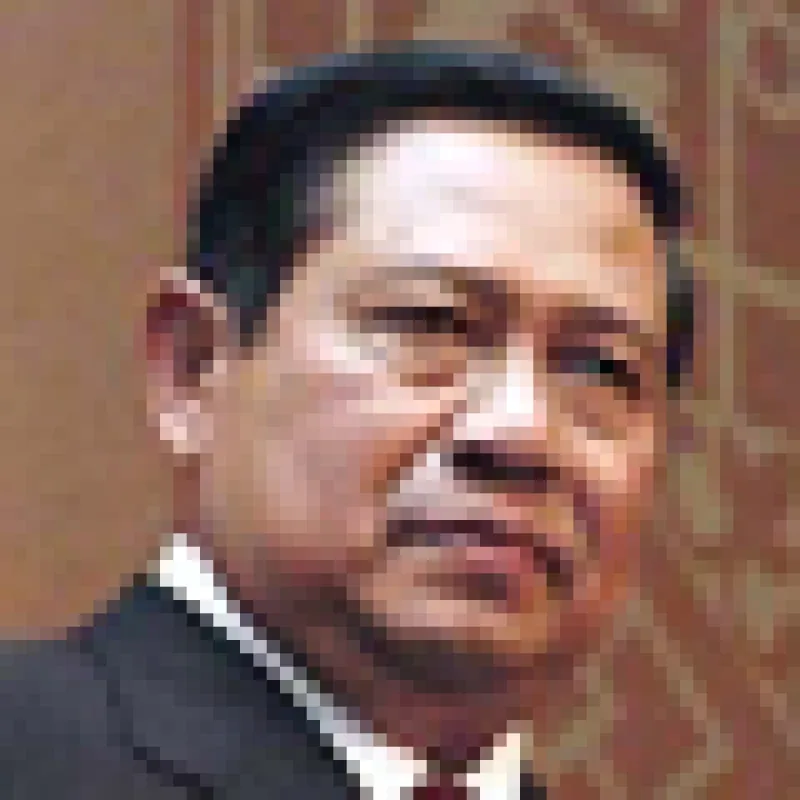
Susilo Bambang Yudhoyono: Making Corruption “The Exception Rather Than the Rule”
Indonesian president Susilo Bambang Yudhoyono promising to combat corruption.
Allen T Cheng
June 7, 2010


